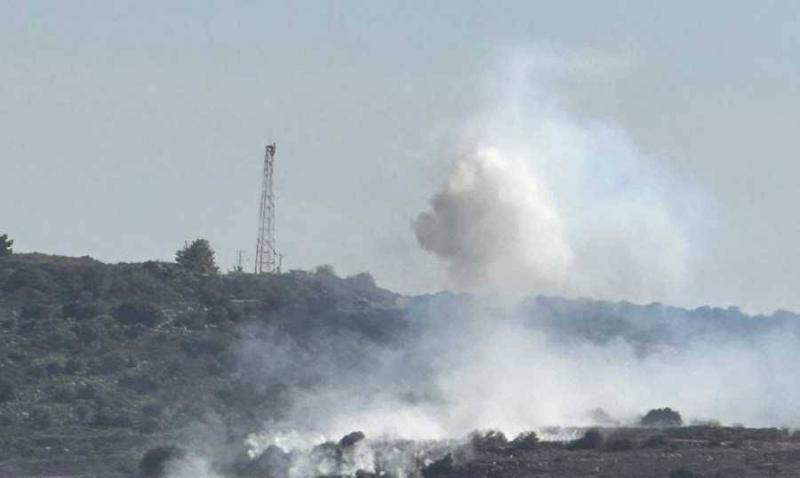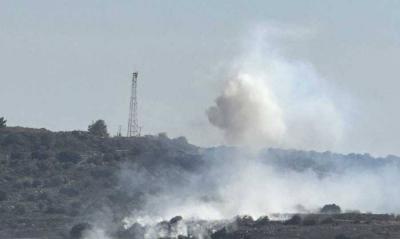Attention is shifting from the issue of the army leadership and the extension of General Joseph Aoun's term to the anticipated visit of French Foreign Minister Catherine Colonna to Lebanon. This comes after she made a series of statements in Tel Aviv, emphasizing the need to reduce tensions along the Lebanese border and agree on a sustainable ceasefire in Gaza. Publicly, Colonna will demonstrate French pressure for halting the clashes occurring in the south and deescalating the current tensions. However, there is no certain information about what she will bring to the table and discuss behind the scenes with the leaders she will meet, but the atmosphere indicates a focal point: the situation in the south and Resolution 1701.
Colonna is expected to meet with Speaker of Parliament Nabih Berri, Prime Minister Najib Mikati, and Army Commander Joseph Aoun, and she will also visit the south. This visit comes after reports indicated that French President Emmanuel Macron canceled his intended trip to Lebanon. Political sources suggest that "Colonna will raise the necessity of stopping escalation in southern Lebanon and may discuss covertly the rumored projects to pressure Hezbollah to withdraw from the south to north of the Litani River." In her remarks to the "Anbaa" electronic newspaper, the sources linked the visit to statements from "Israeli enemy officials and available information," as the "occupation government says either to diplomatically push Hezbollah" away from its borders or resort to military force to do so, and there is information about American-French efforts to alter the security reality in southern Lebanon.
This atmosphere is reinforced by a statement from Member of the "Loyalty to the Resistance" bloc, MP Hassan Fadlallah, who said, "Neither through diplomacy will Israel achieve anything, nor through military means. They claim they have set a timeline for a decisive victory in Lebanon, but they will harvest only disappointment, loss, and defeat. This is not a propaganda speech, but rather realities that the enemy has experienced and our people have lived through and our nation has felt, and the enemy's leaders have been left bewildered and are disconnected from reality, as we can see in Gaza and southern Lebanon."
Ultimately, the south remains on a hot plate, although the war is still regulated according to certain rules of engagement, as Israel may resort at any moment to expand its operations southward to attempt to implement its project. There is a race between diplomacy and the drumbeats of war to save Lebanon and the region, but if the political effort fails, the possibilities are wide open.




